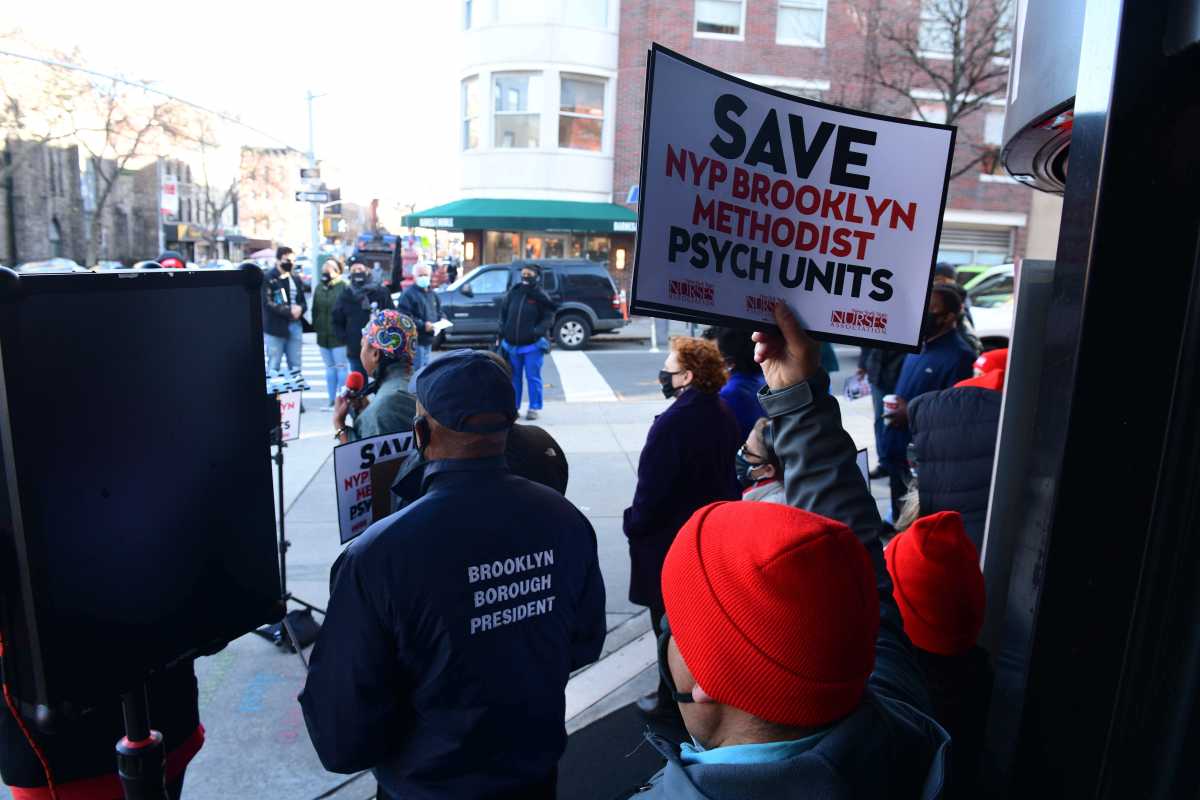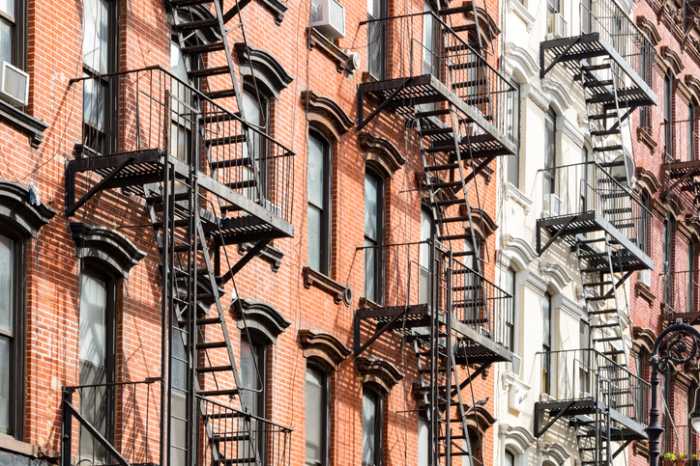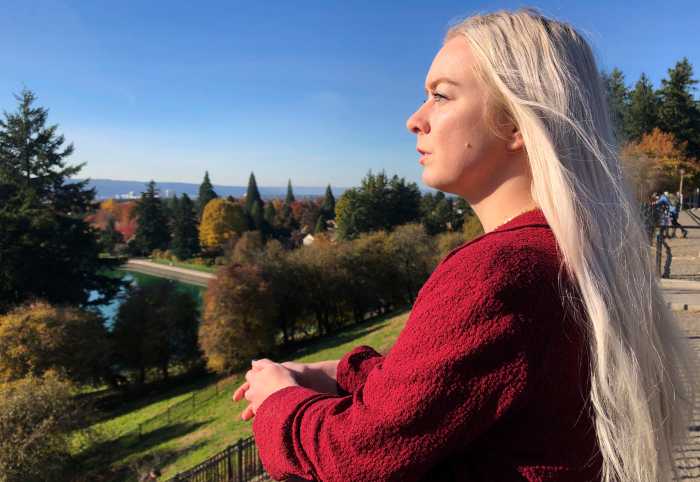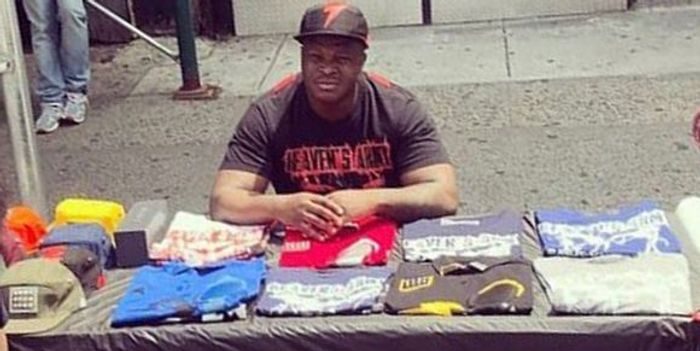Mayor Bill de Blasio spoke about providing the city with accessible mental health services and removing some of the stigma of seeking help in his morning briefing this Wednesday. Something that will be a focal point for the whole week, he said.
“The reality of mental health is clearer than ever, the coronavirus crisis has put a point on it,” said de Blasio. “And people are talking about mental health in a whole new way. We need to meet the moment.”
De Blasio had recently reached an agreement with Councilmember Mark Treyger (D-Brooklyn), the Education Chair, and Speaker Corey Johnson to add 500 additional social workers in schools to address mental and emotional learning.
In yesterday’s briefing, both de Blasio and his wife, Chirlane McCray, spoke about adding mental health resources and universal screenings in schools for students.
“Every single child offered a mental health screening so we can identify if they have needs and get to work on those needs right away,” said de Blasio.
The focus is on more than just students though. De Blasio said that funds have been allocated in the city’s budget passed on Monday, in the expansion of the crisis clause approach which calls for more health professionals helping those in need.
The section of the budget that focuses on mental health recovery invests millions into various areas; $112 million for emergency medical services (EMS) and social worker teams for urgent non-violent mental health calls, $23 million to expand mobile response teams, and several million into neighborhood and crisis prevention services.
“This is an approach that we’ve begun to build out in part of the city, and it’s going to go citywide. This is going to be crucial to reaching thousands, tens of thousands of people every year with a different and better to their mental health needs,” said de Blasio.
De Blasio said that they are adjusting how they treat and react to people with serious mental health issues with 25 new mobile intensive treatment teams. “These teams provide services to folks who are most vulnerable and are in greatest need, homeless folks, those with substance misuse issues,” said de Blasio.
The city is also working to expand “clubhouses” or safe space facilities where people with serious and ongoing issues can gather for support and counseling, said de Blasio. The goal is to serve at least 3,700 more people in these community clubhouses.
Councilmember Farah Louis (D-Brooklyn), who chairs the Committee on Mental Health, Disabilities, and Addictions, said she commends the city for committing more resources to advance equity and mental health services.
“Through a global pandemic, racial reckoning, gun and gang violence, and hate crimes, New Yorkers have undergone tremendous trauma and that’s affecting our mental health and our wellness,” said Louis. “Around 280,000 New Yorkers have serious mental illness, and too many are not connected to the care that they desperately need.”



































